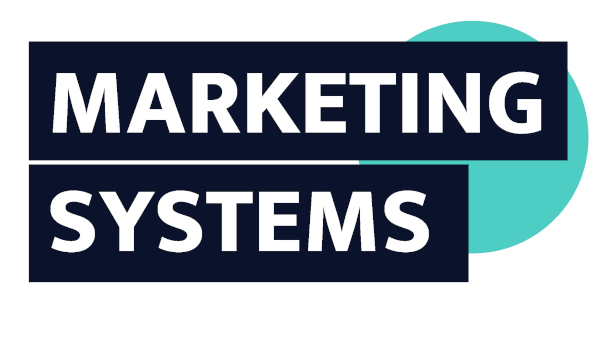Lifecycle marketing is a highly rewarding marketing strategy, but it requires some consideration before diving in. It’s a complex and resource intensive project; the success of which relies on having existing strategic thinking to build upon, the systems and data to facilitate execution, and the necessary resources for maintenance and optimisation.
Strategy
Lifecycle marketing is a sophisticated strategy which delivers better results, faster, when it’s based on existing marketing wins and understanding of your customers. If you’re a startup this would mean that you’ve achieved some level of product-market fit. If you’re retail or a service business, you’ve figured out how to consistently acquire new customers.
The more data you have the better. For example if you have data on which customers return, it makes it much easier to develop messaging and targeting within lifecycle stages.
Measurable Goals
Existing metrics help to set clear objectives for each stage of the lifecycle (e.g., increasing retention rates or improving conversion rates).
Clear Understanding of Your Audience
Develop detailed customer personas based on thorough research. Understanding their needs, behaviours, and pain points at various touchpoints they have with your organisation is invaluable.
Cross-Channel Consistency
Having consistent branding and messaging across existing channels provides a framework to develop further communications.
Behavioural Data
With data on how customers interact with your website, your content, or your marketing activities, you can identify logical lifecycle stages.
Systems
Lifecycle marketing is heavily reliant on suitable marketing technology. The sophistication of your martech stack will depend on the budget and ambitions of your organisation.
Data Integrity
Seamless, reliable data collection across all channels (e.g., website, email, ad platforms) enables accurate segmentation and personalisation.
Marketing Automation Tools
Leverage automation platforms to deliver timely messages triggered by specific customer actions (e.g., abandoned carts or post-purchase follow-ups).
Resources
Team Collaboration
Because this strategy caters to your customer’s entire lifecycle, multiple departments will need to be involved to facilitate touchpoints in various stages.
Optimisation
The long term success of lifecycle marketing relies on a commitment to ongoing process improvement. This requires analysis, experimentation and feedback loops to iteratively improve the strategy and to adapt to evolving markets.
Technical Expertise
Simpler CRM and marketing automation systems that support lifecycle marketing are easier to manage, but more sophisticated systems do require technical expertise to maintain.
One of the most appealing things about lifecycle marketing as a strategy is that it can be adapted to fit most business models. While there are a few boxes to tick off before embarking, they shouldn’t dissuade you from adopting this proven framework for improving your marketing operations.
